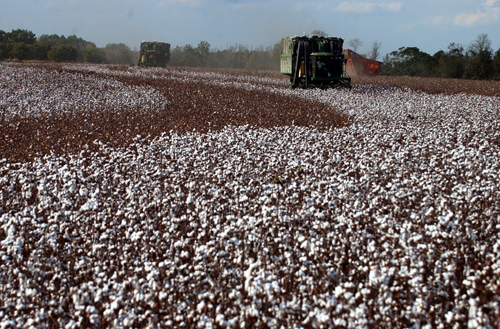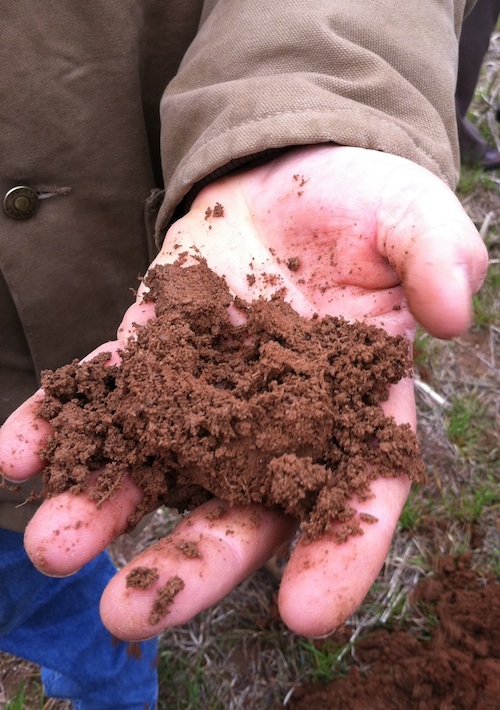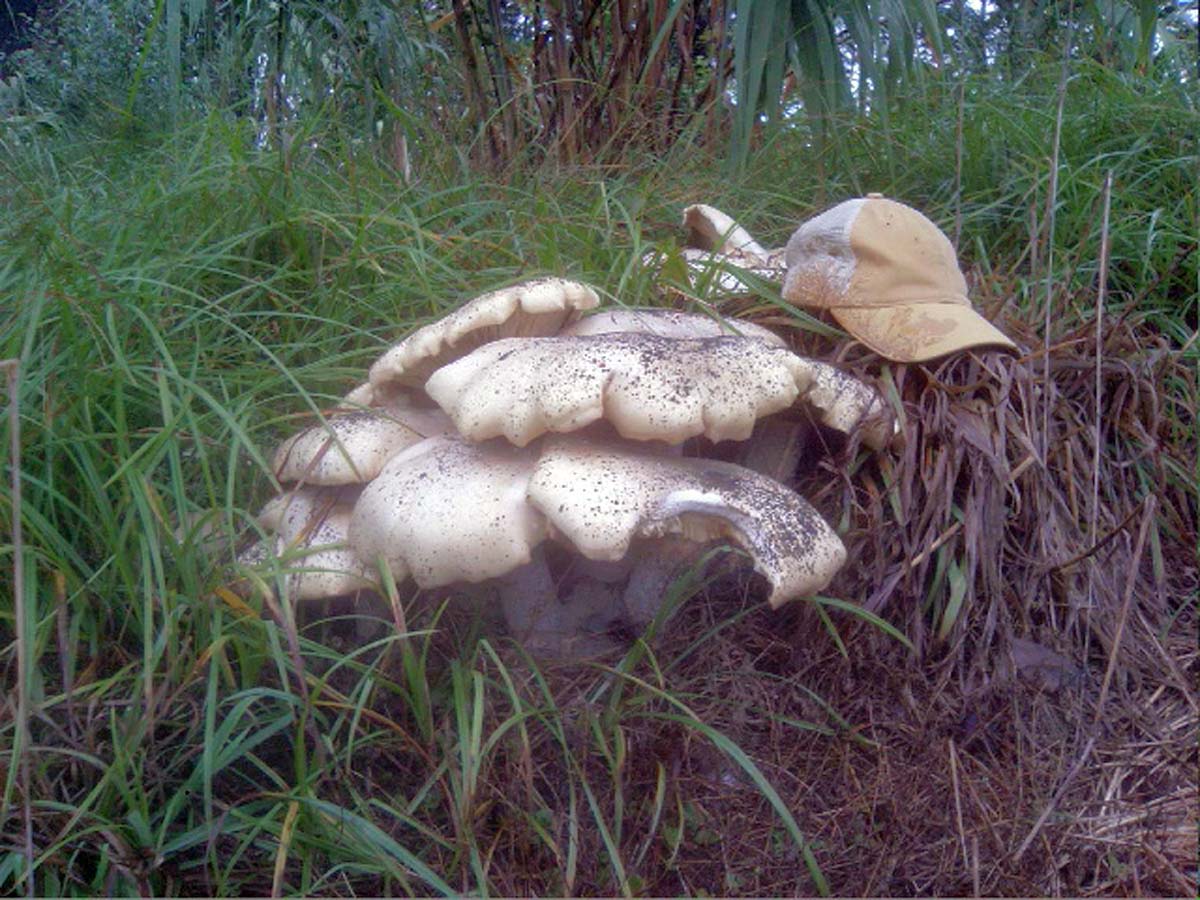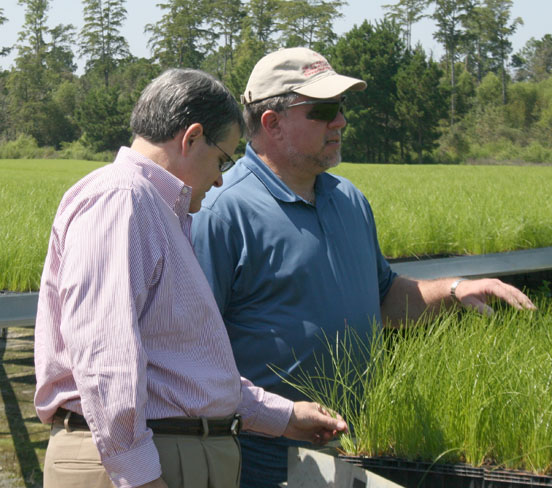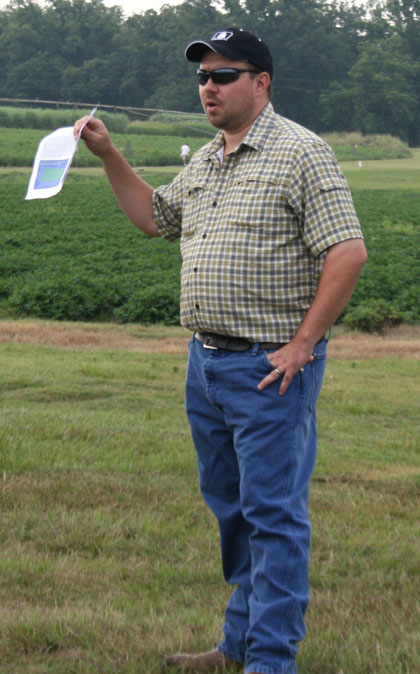UGA to host International Plant Propagators' Society Meeting Nov. 2-6
The University of Georgia Department of Horticulture will host hundreds of nursery operators, ornamental plant breeders, landscape designers and plant scientists Nov. 2-6 at the International Plant Propagators’ Society Southern Region of North America Annual Meeting.

